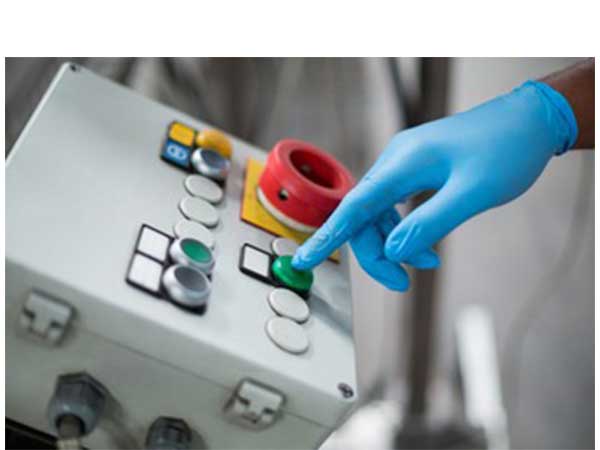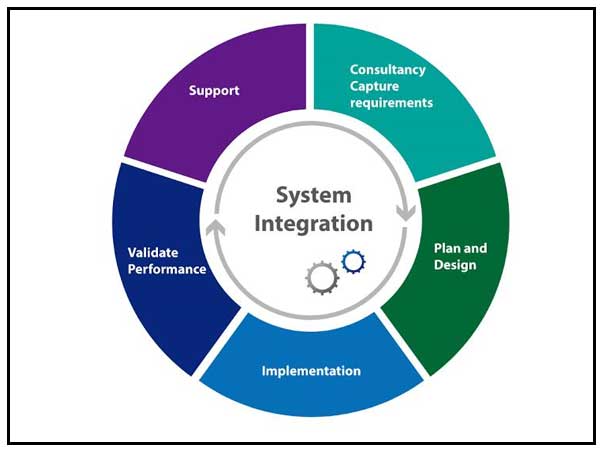GST No: 27AABFQ1046P1Z0

System integration refers to the process of combining different subsystems or components of the factory into a cohesive and functional whole. It involves the integration of hardware, software, and communication protocols to create a system that functions efficiently and effectively.
system integration could involve the integration of different machines and equipment used in the manufacturing process. For example, the integration of the control systems of the various machines used in the production line, such as the centrifuges, conveyors, and boilers, could help to streamline the manufacturing process and reduce the likelihood of errors.
Furthermore, the integration of the manufacturing process with other aspects of the company, such as inventory management and logistics, could help to optimize the entire production process. This could involve the integration of manufacturing execution systems (MES) with enterprise resource planning (ERP) software to provide real-time visibility into inventory levels, production schedules, and logistics operations.
Overall, system integration is crucial to ensure that the manufacturing process is efficient, effective, and capable of meeting the demands of the market. It can help to reduce costs, improve quality, and enhance customer satisfaction, thereby contributing to the overall success of the company.
